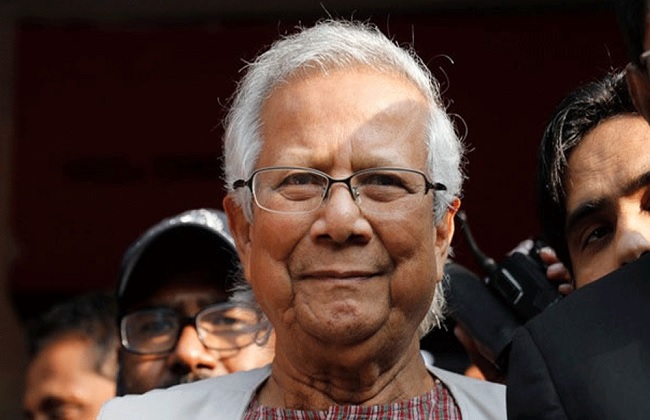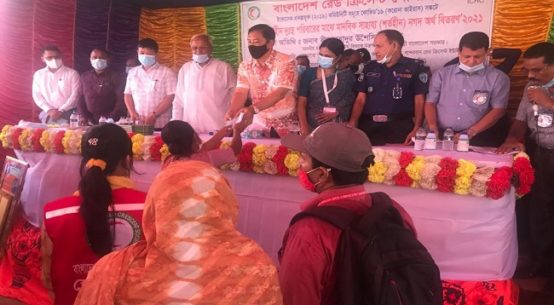
Paying tribute to the role of youth in his country, Chief Adviser Prof Muhammad Yunus has urged the president global leaders at the UN General Assembly to invest in the potential of their own countries’ younger generations to shape a fairer, more equitable world.
“I stand in this parliament of nations thanks to an epochal transformation that Bangladesh witnessed this July and August,” said the Nobel Laureate.
The “power of populace,” in particular the youth, helped liberate Bangladeshis from an autocratic and undemocratic regime, he said, crediting that youth-led movement with propelling Bangladesh into a new phase of political consciousness, while championing human dignity, freedom and social justice.
While speaking at the United Nations General Assembly on Friday, Prof Yunus stressed that this transformation is not without challenges, but the resilience of the people, especially the youth, is steering the country forward: “their determination is laying the foundation for a more equitable and prosperous future.”
Throughout his address, the Chief Adviser reiterated the importance of upholding democratic values and ensuring human rights for all citizens and reiterated his country’s continued commitment to peace, development, and upholding human rights.
He also stated that the principles of freedom and dignity remain central to the country’s governance and international stance, as he referred to the historical context of Bangladesh’s struggle for independence, where freedom was the ultimate goal.
“Our people have fought for independence and for their rights with remarkable courage, and today’s youth continue that fight by demanding justice, equality, and a voice in their future,” he said in his speech, urging an environment where young people can thrive, innovate and lead.
At the global level, Prof Yunus spoke about the vital connection between youth empowerment and the achievement of Sustainable Development Goals (SDGs), according to UN news.
He stated that young people, not just in Bangladesh but across the world, are central to solving pressing global challenges such as poverty, climate change, and inequality.
He called on international leaders to invest in the potential of their young citizens to create a world that is more inclusive, just, and sustainable.
Prof Yunus concluded his remarks by reflecting on the legacy of youth activism in Bangladesh and its future trajectory.
Highlighting how the lessons learned from the country’s struggles for independence still resonated in the actions and aspirations of today’s youth, he said “the world may be changing rapidly, but the values that our youth are upholding remain timeless.”
“The youth in Bangladesh have shown that upholding freedom, dignity, and the rights of people, regardless of distinction and status, can not just remain aspirational. It is what everyone deserves.”
Wrapping up very engaging stay and series of meetings with global leaders, Chief Adviser Prof Muhammad Yunus on Friday night left for Dhaka.
Prof Yunus and his delegation members left JFK International Airport at 9:30pm (NY time) and are scheduled to reach Hazrat Shahjalal International Airport at 2:15am (Dhaka time) on September 29.
The Chief Adviser attended around 40 big events on the sidelines of the United Nations General Assembly during his four-day stay here, his Press Secretary Shafiqul Alam told UNB.
Alam said Prof Yunus attended the highest 16 events on September 26 and met at least 12 global leaders, including US President Joe Biden.
The Chief Adviser called upon the international community to engage with ‘new Bangladesh’ anew that aims to realise freedom and democracy for everyone.
The call came to Yunus’ address to the 79th session of the United Nations General Assembly (UNGA), his first since a student-led upsurge brought him at the helm of Bangladesh’s interim government last month.
Speaking in Bangla, the Nobel peace laureate said youth in Bangladesh have showed that upholding freedom, dignity, and rights of people regardless of distinction and status can not just remain aspirational. “It is just what everyone deserves.”
“This was an epoch-making speech,” said the Press Secretary, adding that the speech covered global and regional issues apart from Bangladesh issues.


